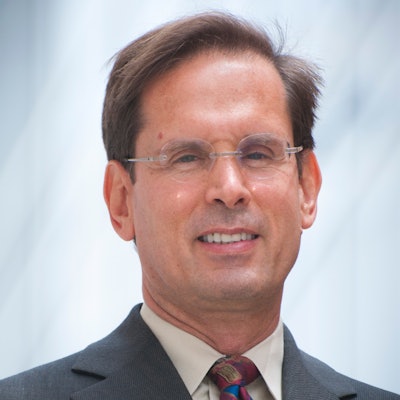Two Cal State Fullerton (CSUF) business faculty are studying ways to maintain academic honesty in test-taking in a post-COVID world that utilizes remote and online exams. Dr. Gerard Beenen
Dr. Gerard Beenen
Dr. Gerard Beenen, professor of management, and Dr. Sinjini Mitra, professor of information systems, recently co-authored, “Deterring Cheating Online: Passive versus Active Proctoring through a Social Facilitation Lens,” which examines the efficacy of various proctoring methods, such as honor codes, webcams requirements, making obvious instructors’ monitoring abilities, and digital tools to flag suspicious activity.
In their research, the two categorized proctoring methods based from “passive” to “active.”
“For an online exam, passive proctoring entails computer- mediated monitoring of the exam by an instructor with students required to video stream themselves during the exam, while the instructor is present as an unobtrusive proctor who monitors the exam remotely without a video stream visible to students,” they wrote. “That is, students are aware they are being monitored by an unseen proctor during the exam. At the same time, the proctor has little to no control over the test-taker’s computer.
“An active approach to proctoring an online exam entails computer-mediated monitoring of the exam by a dedicated proctor who has remote real-time access and control over a student’s computer while monitoring the exam with a video stream. That is, students are aware they are being monitored during the exam, they can see the proctor, and they know the proctor can control their computer remotely including access to other online information. In other words, for an online exam, passive proctoring entails an invisible ‘virtual’ proctor, while active proctoring entails a visible proctor with a higher degree of control over the test-taker’s computer.”
Their research observed that active proctoring made academic dishonesty less likely and is also more effective as a potential deterrent.
 Sinjini Mitra
Sinjini Mitra
“The global pandemic disrupted educators’ testing routines by forcing them to rely on remotely administered exams,” the professors write. “Given the potential for cheating in online exams…it is important to identify strategies to mitigate academic dishonesty for online assessments. To our knowledge, this is the first research to examine potential differences in student cheating motivations, intentions and behaviors for a continuum of passively to actively proctored exams.”





















